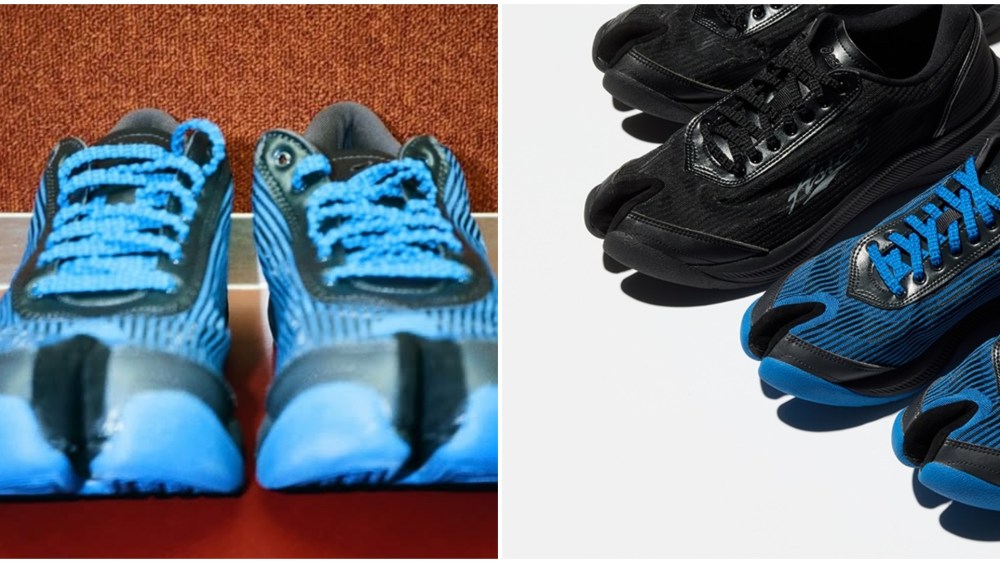PARIS — Call it a European pharmacy skin care haul for consumers and investors.
For years, shoppers visiting France and other European destinations made sure to stock up on trusted skin care products from the local pharmacies. Now, their derm-backed offering is stronger than ever, thanks to the emergence of new brands, such as Senza, Krème and Mimétique, and innovation at the most recognizable ones — attracting not just consumers, but also global investors.
“In this channel we will find the most innovative brands,” said Xavier Guénat, legal counsel for France’s beauty association, the Fédération des Entreprises de la Beauté.
Related Articles
Dermocosmetics — the fastest-growing skin care segment — has tremendous room for expansion, today only generating about 9 percent of the category’s overall sales.
At the world’s largest beauty maker, L’Oréal, the Dermatological Beauty Division — with brands such as La Roche-Posay, Vichy and CeraVe — registered the best turnout of all divisions in the first quarter of this year, with a sales uptick of 19.6 percent in reported and 21.9 percent in like-for-like terms.
That division also took pole position in 2023, when it grew twice as fast as the dermocosmetics market, at 28.4 percent on a comparable basis, to 6.43 billion euros. Over the three prior years, the worldwide dermocosmetics market doubled in size, adding 100 million more consumers, according to Myriam Cohen-Wegryn, global president of L’Oréal’s Dermatological Beauty Division, during an earnings conference with analysts and journalists in February.
In particular, dermocosmetics is a booming business in Western Europe, where last year the segment clocked 13.4 percent gains, with the U.K., Netherlands, Germany, Spain, Portugal, Belgium and France leading the charge, according to Euromonitor International.
“One of the most striking phenomenon is the fact that [dermocosmetics] are bought by everybody, including men,” said Nicolas Hieronimus, chief executive officer of L’Oréal, during the conference. “That gives me a lot of ambition in terms of how big these brands can be.”
Driving growth, too, is the shift in consumer headspace and pocketbook.
“Consumers are more critical, they understand skin care and are cash-strapped,” said Emilie Hood, senior research analyst at Euromonitor, adding when they do invest in products, those are expected to work. So people seek advice in European pharmacies.
“It’s like medicine for your skin, when you go into a French pharmacy to buy products,” said Fabienne Sebaoun, founder of the Mimétique dermocosmetics brand. “[Pharmacists] know the products and how to advise you.”
“Personalized advice provided by a health care professional is something increasingly valued today,” said Guénat.
He noted it’s easier for small dermocosmetics players to be referenced in pharmacies or parapharmacies than in selective perfumery distribution or grocery stores, and that pharmacies and parapharmacies are ubiquitous throughout Europe, making for easy access.
The category’s strength has not been lost on investors. The market smiled on the initial public offering of Galderma, the Swiss maker of Cetaphil, in Zurich on March 22. That day, the company’s stock closed up 20.75 percent to 64 Swiss francs, and it has kept gaining momentum. On May 3, it was trading at 69 Swiss francs.
Bridgepoint sees great possibilities for dermocosmetics. In January the asset management group said it was acquiring RoC Skincare, the French dermatological brand launched in 1957.

“I’m very intrigued by retinol benefits,” said Vincent-Gaël Baudet, a partner at Bridgepoint, referring to a key ingredient in RoC formulas. The brand was developing well in the U.S., but RoC had practically disappeared from Europe.
“We felt we should bring it back to France, to its roots and relaunch in pharmacies,” said Fabrice Turcq, a partner at Bridgepoint. RoC’s relaunch will also take place where awareness for the brand is high but sales low, such as Italy, Spain, Belgium and the U.K.
“We truly believe where the sector is going toward more health care, more science-backed [skin care],” he continued, adding digital is going to play an increasingly important role in distributing dermocosmetics products.
To wit: Skin+Me is a pure online player founded in 2018 in the U.K. It aims to democratize dermatology. Skin+Me’s founders noticed that while consumers want efficacious products, they don’t know which ones to choose.
Skin+Me works with dermatologists who can quickly consult online with people for free and make recommendations for specific active ingredients, which are sent to Skin+Me’s manufacturing site. There, personalized prescription-based products are made. The brand also has built its own distribution and marketing channels.
“By making [a product] online, it could be really affordable and scalable,” said Horatio Cary, a cofounder of Skin+Me. “[The brand] very quickly got a very warm reception from customers, because the products really do work.”
They use active ingredients — such as tretinoin — that take effect at a rapid pace, he explained.
Skin+Me’s main product, the Daily Doser, costs 25 pounds per month. It’s part of a routine the brand recommends that includes a cleanser, moisturizer and SPF product, as well.
Skin+Me has already sold millions of subscriptions to consumers. Investors have shown interest, too. In 2019, the brand raised 8 million pounds, then in December 2022 it closed a funding round of 10 million pounds.

As the boundary between dermocosmetics and cosmeceuticals keeps blurring, there is huge space for further development.
“Several dermo categories still have massive growth potential, such as sun care and hair,” said Cohen-Wegryn. “Health is the future of beauty.”
Here are some recent European pharmacy entrants:
Krème

Launch: 2020 in France
Positioning: The probiotic skin care is formulated to rebalance naturally the most sensitive skin types. The products are wholly of natural origin and certified organic.
Number of SKUs: 15
Hero Product: Smoothing Collagen Cream
Mimétique

Launch: 2023 in France
Positioning: The products, made with green chemistry, are mimetic, meaning they are close to skin’s composition to support its own natural mechanisms.
Number of SKUs: four
Hero Product: Skin Restore
Prof. Dr. Steinkraus

Launch: 2021 in Germany
Positioning: The products combine natural beauty with science and medical expertise.
Number of SKUs: 15
Hero Product: Hyaluron Serum
Quinque

Launch: 2020 in Spain
Positioning: Product formulas contain ingredients of at least 95 percent natural origins and active molecules. Products are conceived to fight skin inflammation using CBD.
Number of SKUs: six
Hero Product: Jelly Cleanser
Senza

Launch: 2019 in France
Positioning: Product formulas contain organic, natural raw ingredients or those with minimal transformation, stemming from local French producers.
Number of SKUs: 27 cosmetics products
Hero Products: Bi-Phase 3 En 1 (3 in 1 bi-phase makeup remover)
SkinOffice Paris

Launch: 2023 in France
Positioning: The brand’s first product is meant to act as a bridge between aesthetic surgery and skin care, conceived with medical and cosmetics research.
Number of SKUs: one
Hero Product: Eye Recipe



